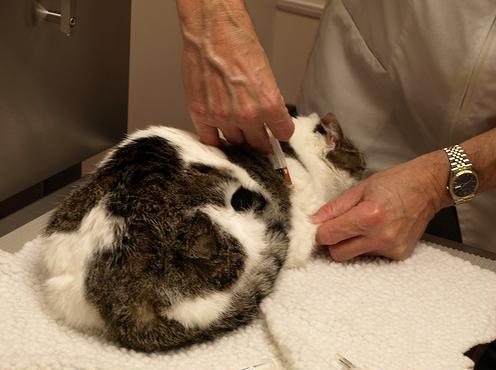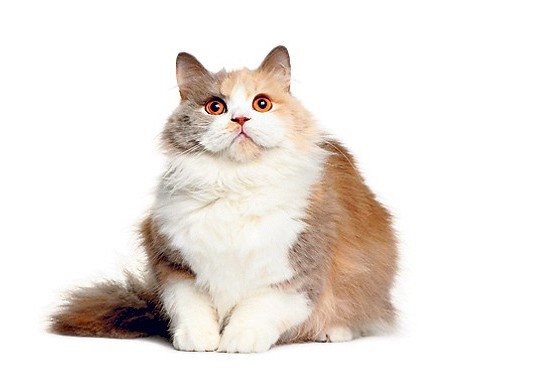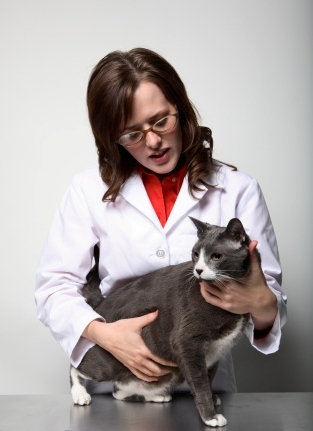In case you are a cat owner, you shall know that vaccination is one of the most important thing you should do about your cat’s health. According to the recent statistic, the cats that have been vaccinated are suffering less from diseases and infections. Therefore, inform yourself about the advantages of the vaccination. Actually many vets consider the vaccinations as a must, despite some claims that are many post vaccination complications.
In the society nowadays there is sort of confusion, when it comes to cat vaccination, but what you really need to understand is the fact, that the vaccination is a vital necessity and it prevents your kitten from getting a fatal disease. In the recent years, The American Veterinary Medical Association is working on modifying the cat’s vaccination.
 It is a process that includes lots of efforts, but it surely worth it, because now the production of the vaccines is far more safe and better. Good news is that the new cat vaccines last a longer period of time.
It is a process that includes lots of efforts, but it surely worth it, because now the production of the vaccines is far more safe and better. Good news is that the new cat vaccines last a longer period of time.
According to the latest research, there are two categories of cat vaccination – core and non-core vaccination. The core vaccinations are absolute must for all cats, because they are exactly those that protect your cat against serious and dangerous diseases.
Those diseases are feline distemper, feline rhinotracheitis, feline calicivirus, and rabies. All these lead to a fatal end and typically they can be avoided only by a vaccination, therefore vaccinate your cat and protect it from such diseases. The second category vaccination is the so called “non –core vaccinationâ€. They are especially created to prevent not so common diseases. They are also necessary but they need to be administrated only after consulting with your vet.
Those are also the vaccinations that may cause some post-vaccinating complications, but according to the specialists the complications aren’t that scary and they don’t cause drastic changes in your cat’s organism. Before administrating such a vaccination, your vet should examine your cat for breed, age, gender, health condition, potential risk factors, traveling plans and environment.

Typically the non-core vaccines protect the cat against feline leukemia (FeLV), feline infectious peritonitis (FIP), Chlamydia and ringworm. The time and the frequency of the vaccination depend on several factors, but usually it starts from two months to four months.
Many pharmaceutical companies are recommending cat vaccination every year, but the vets aren’t exactly agreed. According to the American Association of Feline Practitioners core vaccinations need to be administrated once in three years, unless there is a complication or a potential health risk













